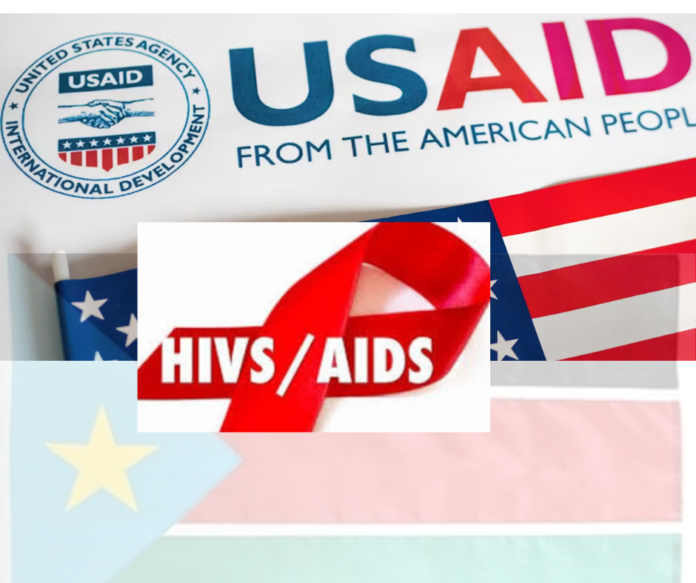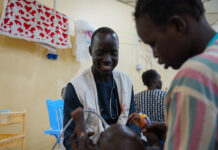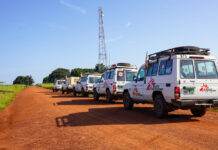An agency supporting people living with HIV/AIDS has raised alarm over the severe consequences of a freeze on US funding, which could lead to the deaths of several patients who rely heavily on this support. With the cessation of funds, many individuals are at risk of losing access to life-saving medications, potentially triggering a health crisis due to the inconsistency of antiretroviral (ARV) treatment.
The National Empowerment of Positive Women United (NEPWU) estimates that over 200,000 people in South Sudan are living with HIV, and their lives are now in jeopardy.
“With support from USAID, we were able to provide critical assistance to children living with and affected by HIV, particularly in high-prevalence areas such as Juba. This support includes nutritional aid, educational programs, and psychosocial counseling—key services essential for their well-being,” NEPWU spokespersons said.
However, the organization reports that children affected by HIV are no longer attending school and are missing essential medications due to the funding freeze. The United States government’s decision to halt funding for 90 days has put these vulnerable individuals at even greater risk.
“During this brief period of the funding freeze, over 1,500 people living with HIV (PLHIV) have missed appointments and critical medications, disrupting their treatment plans.
The community outreach workers who were responsible for distributing ARVs, collecting viral load samples, and offering counseling have been laid off. If this freeze continues, we fear that viral loads will increase, leading to the development of AIDS and possibly premature deaths,” a NEPWU representative stated.
NEPWU has called on policymakers to reconsider the funding freeze and prioritize investments in HIV care, treatment, and prevention in South Sudan.
“As a network representing people living with HIV in South Sudan, we urge our government to recognize the critical need for sustainable funding and not rely solely on foreign aid to address the HIV epidemic,” the organization said.
Margeret Yukudo, a community volunteer, expressed her deep concern for the people she supports, fearing that the suspension of her work will leave her clients vulnerable to serious health complications.
“I am deeply worried that the people I have been helping will suffer the most after my work is terminated,” Yukudo said. “These are lives at stake.”
The freeze in US funding has heightened fears of a looming health crisis, and calls for action to ensure the continued care and support of people living with HIV in South Sudan have grown louder.





